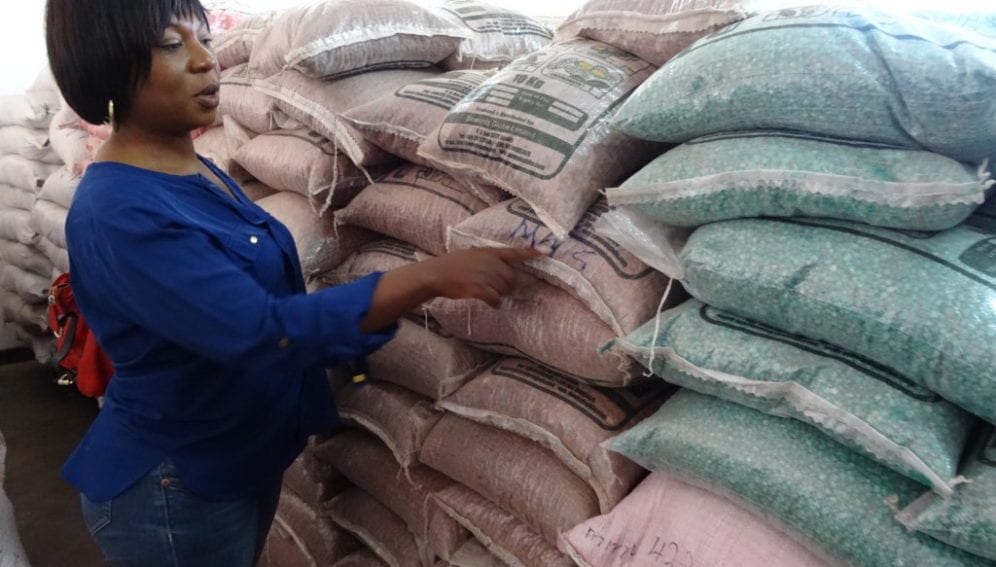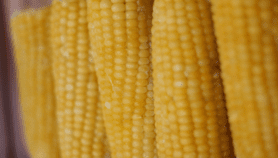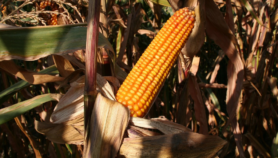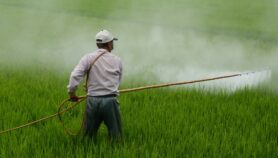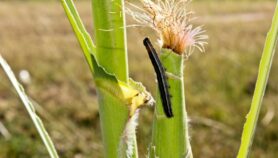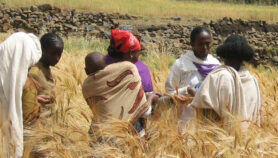By: Gilbert Nakweya
Send to a friend
The details you provide on this page will not be used to send unsolicited email, and will not be sold to a 3rd party. See privacy policy.
[NAIROBI] A new five-year programme has been launched to support smallholder farmers in Africa to access quality seed varieties.
Africa has not been able to fully benefit from the advances in seed sector development, mainly due to weak seed production and distribution systems, inadequate supply of quality seeds and inadequate implementation of seed policies, says Janet Edeme, the head of the Rural Economy Division of the African Union (AU) Commission.
The comprehensive programme on Integrated Seed Sector Development (ISSD) in Africa seeks to link farmers to a market-oriented and dynamic seed sector, and has two-year pilot phase that runs from September 2014 to August 2016, says a statement that accompanied its launch in in Nairobi, Kenya, last week (18 September).
“ISSD Africa aims to establish a network of experts working in the development of the seed sector in Africa to think on innovations to improve seed quality.”
Lilian Kirimi, Kenya’s Egerton University
“ISSD Africa aims to establish a network of experts working in the development of the seed sector in Africa to think on innovations to improve seed quality,” says Lilian Kirimi, research coordinator at the Tegemeo Institute of Agricultural Policy and Development, Kenya’s Egerton University, the organisation hosting the programme’s African Executive Coordination Secretariat.
Mary Mathenge, the director of the institute, says access to improved, local quality and superior seeds could boost agricultural productivity in Sub-Saharan Africa.
“Seed is a key factor in agriculture in boosting yields and increasing agricultural productivity, especially for smallholder farmers in Africa,” Mathenge explains.
According to Edeme, the potential benefits from use of quality seeds is enormous.
“The availability of these seeds of a wide range of crops to farmers can increase productivity, reduce risks from pests, drought … and increase income,” Edeme notes. “Agricultural production increases through the use of adapted varieties can create employment opportunities related to processing, marketing and help improve food security in Africa.
“This programme is expected to come up with success stories to be shared across the AU membership and should thus be supported by governments, with smallholder farmers at the centre of such efforts to improve livelihoods.”
Edeme urges African governments to work in partnerships and support the development of the seed sector.
The US$200 million programme, which is funded by the Bill and Melinda Gates Foundation and the Netherlands Ministry of Economic Affairs, is being implemented in partnership with the UK-headquartered Future Agricultures Consortium and two Netherlands-based organisations — Wageningen UR and the Royal Tropical Institute.
Gerbrand Haverkamp, policy officer at the Netherlands Ministry of Economic Affairs, says the programme s will also identify challenges in Africa’s seed sector and seek possible solutions, adding that the Dutch government is committed to supporting the programme as part of its policy to improve seed systems throughout the world.
Ernest Asiedu, the chief of party, West African Seed Programme, commends the initiative. “This [programme’s] holistic approach will bring on board previously neglected key sectors, such as the informal sector,” Asiedu tells SciDev.Net.
This article has been produced by SciDev.Net's Sub-Saharan Africa desk.


